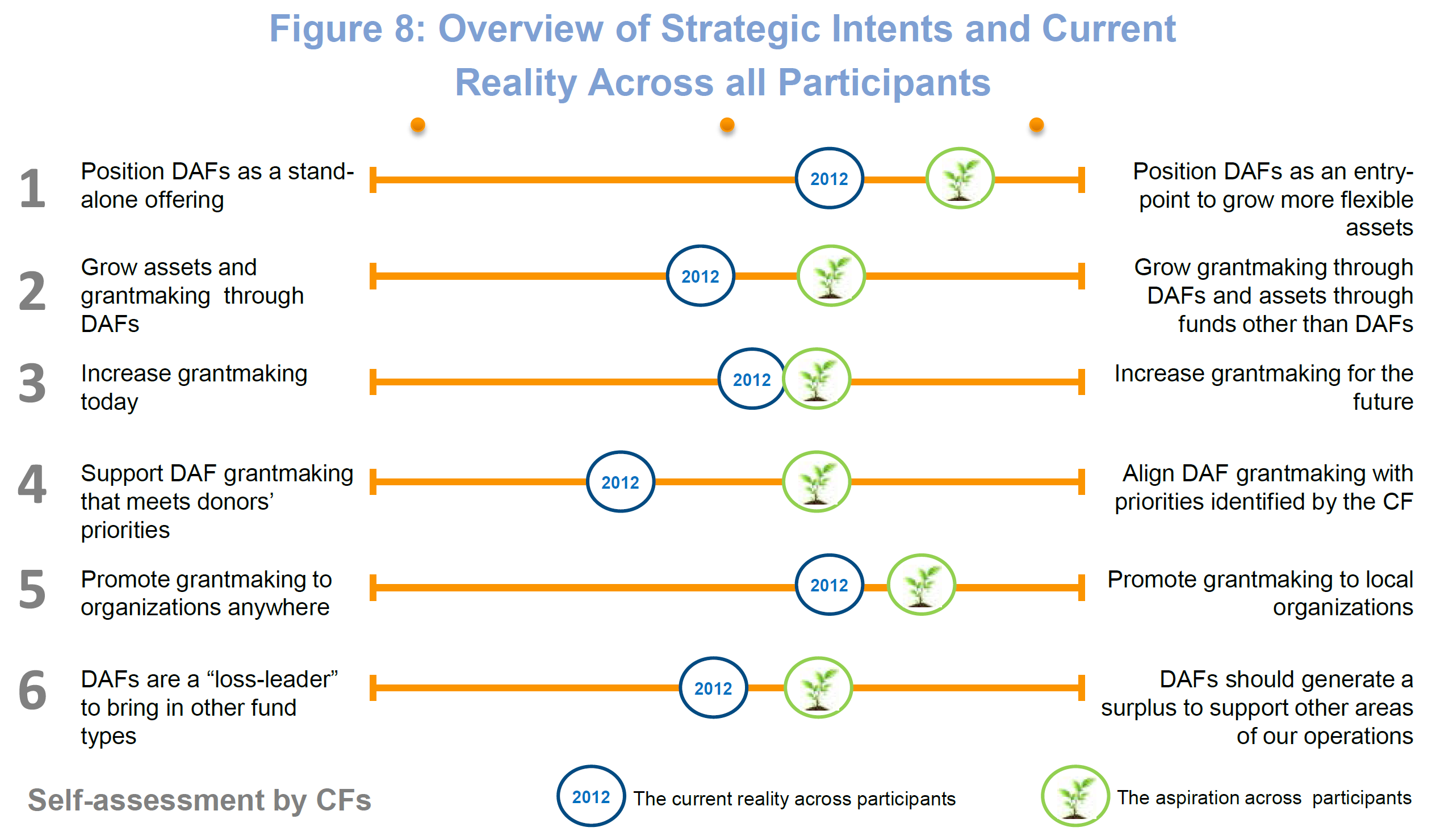Unit 4: Risks and Roadblocks
Providing enhanced services to generous families can differentiate your foundation from your competition. Doing so can also strengthen donor retention and asset development strategies. But doing so requires assessing potential roadblocks in your organizational culture, risk tolerance, and policies and practices. The tools in this Unit can help you think through the tradeoffs.
READ: Ethical Issues for Community Foundation Supporting Philanthropic Families [members only]
In 2007, The Philanthropic Initiative wrote this five-page essay on ten ethical issues community foundation staff face in serving donor families.
DISCUSS: The Source Codes of Foundation Culture
Grantmakers for Effective Organizations published this insightful report in 2015, building on Peter Drucker’s well-known quote, “culture eats strategy for breakfast.” The authors write that the source codes of foundation culture are the cultures of banks, universities, and larger companies. Some challenges of those cultures apply to family philanthropy services. For instance:
- Those source codes lead to foundation culture that values data-driven decisions and cautious intellectual analyses. Does that really resonate with the giving and personalities of all of your potential donors and fund advisors?
- The source codes prize credentialed expertise, sometimes to the point of ignoring or dismissing expertise of customers and the community. Are there ways in which you market or demonstrate your expertise that don’t feel inviting to donors who’ve developed their own wisdom?
- The source codes reward organizational decision-making that is hierarchical and is not transparent. Is that an appealing culture to the rising generations of the families you wish to serve?
DISCUSS: Do More Than Grow
What are your underlying values and aspirations for work with donors?
This 2012 report from FSG outlined six tradeoffs about work with Donor-Advised Funds, all of which impact your assumptions about delivering family philanthropy services. Are your staff and board members aligned in their answers to these assumptions? Where could misalignment create risks or roadblocks in delivering high quality services to families?

READ: Policy and Practice Roadblocks [members only]
NCFP’s 2002 report, The Practice of Family Philanthropy in Community Foundations, uncovered real and perceived roadblocks to generous families working with community foundations, some of which are still true today.
READ: Expanding Your Comfort Zone
This NCFP Passages Issue Brief provides a window into assessing and managing risk in foundations, including staff members’ hidden biases toward risk, organizational risk, and strategy risk. It contains links to additional resources on managing risk.
DISCUSS: Risk Annotated Framework
This is a visual diagram of five types of risk in foundations. Many of the questions will be useful as you discuss the pros and cons of offering family philanthropy services.
TUNE-IN: CF Topical Call: How to Serve Donors with Cognitive Impairments [members only]
Donors and fund advisors can suffer from cognitive impairments through aging, injury, substance abuse, and more. How can you ethically serve these individuals and better help them stay connected to their families’ philanthropic work? Phil Purcell, JD, led this topical call conversation based on his experience and training he’s done for the I.U. Lilly School of Philanthropy, legal continuing education programs, and more. Here are a few great resources to prepare: Stewarding Donors with Dementia and The Ethical Gift Planner.
TUNE-IN (67 minutes): Community-Centric Fundraising—What Does it Mean for our Advising? [third video on the page, members only]
The Community-Centric Fundraising movement calls into question the nature of relationships between community foundations, their donors, and the communities they serve. At the 2020 workshop, staff from the Central Indiana Community Foundation and Seattle Foundation explored how the movement’s 10 principles and aligned actions list applied to their philanthropic services.
